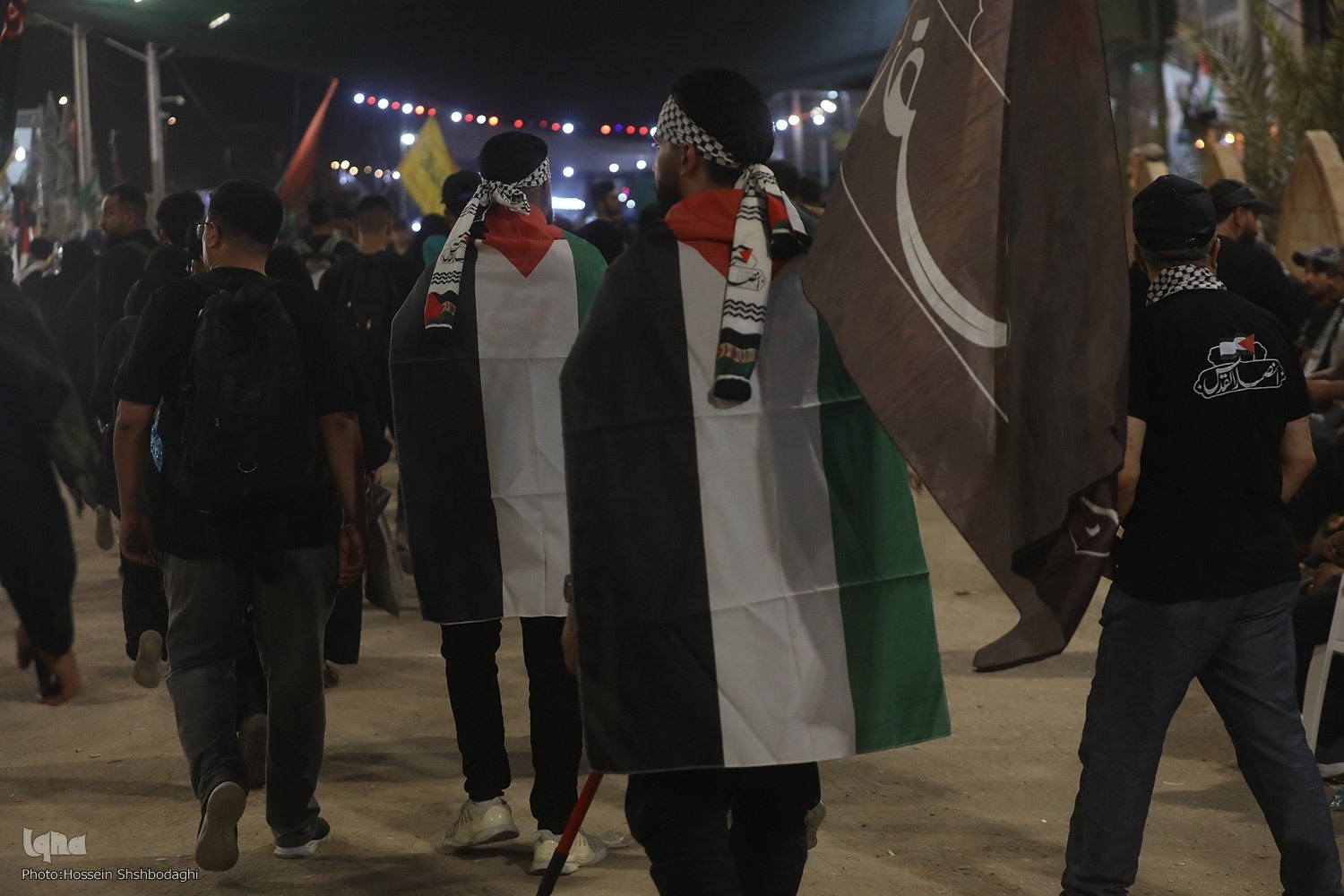Arbaeen No Longer Just a Pilgrimage But a Global Stand Against Injustice: Author

The Arbaeen pilgrimage, one of the world’s largest annual gatherings, commemorates the 40th day after the martyrdom of Imam Hussein (AS), the grandson of Prophet Muhammad (PBUH). While it has long been a Shia tradition, the event now draws people of diverse faiths and backgrounds, forming what Iranian cleric and author Hojat-ol-Islam Morteza Khalili describes as a “global movement of conscience.”
Khalili, who authored the book On the Path to Arbaeen, says his inspiration came during his travels to Iraq in 2016. “I saw people struggling with both religious and practical issues,” he recalled. “There was no concise, field-based book to guide them through the experience.”
His book compiled religious rulings (fiqh), historical insights, and etiquette relevant to the pilgrimage. But what sets it apart, he says, is its accessibility. “Other books were either too voluminous or limited to rituals and site descriptions. I wanted something compact yet comprehensive—something that spoke to both the mind and the soul of the pilgrim.”
Read More:
While originally written in 2018, Khalili acknowledges that the context of Arbaeen has since evolved. “There have been major logistical changes,” he said, referencing new roads, updated border crossings, and alternate walking routes, such as from Kadhimiya or Hillah instead of the traditional Najaf-Karbala path. “If I were to rewrite the book today, I’d include all these developments.”
But more significantly, Khalili believes the ideological and spiritual dimensions of Arbaeen have grown deeper in response to global challenges.
He believes Arbaeen has geopolitical significance, especially amid rising global opposition to Zionism and the recent 12-day Israeli aggression on Iran. “In earlier editions, we didn’t highlight anti-Zionism much. But now, with growing awareness around Palestinian suffering, this dimension of Arbaeen should be emphasized,” he said.
Watch More:
He argues that the pilgrimage has become a space where people of all faiths and creeds gather under a shared banner of justice. “This is no longer a purely Shia or even Islamic event,” he explained. “It’s open to anyone who seeks truth and justice—Christians, Jews, even secular activists. Many are drawn to Arbaeen because they see Iran standing against Israel and want to know more about its people and beliefs.”
Khalili emphasized that such diversity requires pilgrims to adopt a universal ethic of respect. “We must avoid behavior that alienates others,” he said.
He cited examples, such as some pilgrims disrespecting Iraqi customs—like overflowing tea cups or repeated coffee offerings—without understanding their cultural significance. “In Iraq, a brimming tea cup is a sign of generosity. Turning it down without knowing the meaning causes unnecessary offense.”
Another concern, Khalili warned, is the risk of sectarian division. “Unfortunately, we’ve seen people engaging in inflammatory acts like cursing Sunni figures even around holy shrines,” he said. “That goes against everything the Ahl al-Bayt (AS) taught. Arbaeen is about unity, not division.”
He pointed out that Christian, Jewish, and even Mandaean (Sabian) service tents, or moukebs, have been set up along the Arbaeen route in Iraq. “That’s the beauty of this pilgrimage—it brings everyone together. Even if someone is not Muslim, if they walk toward Karbala in pursuit of justice, they are part of this movement.”
Read More:
For Khalili, the lesson is clear: “Everyone who walks must be taught that this isn’t just a personal or national experience—it’s an international, interfaith event. Even an atheist participating in Arbaeen deserves dignity. As the Quran says, ‘Certainly We have honored the Children of Adam.’ (Surah Al-Isra', verse 70) That means every human being.”
“The growing global movement of confronting Zionism definitely impacts this year’s Arbaeen,” he said, adding, “people have been awakened.”
4297628



